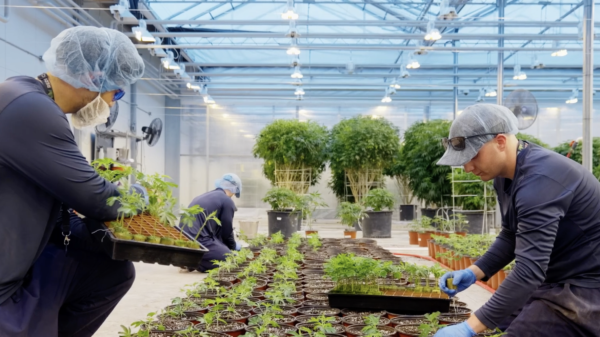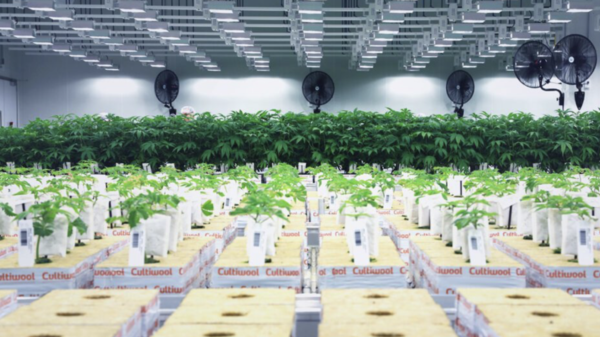To keep their employees safe in the new reality of a COVID-19 world, Shopify, Inc. (TSX: SHOP) has moved its offices online.
Shopify will close its office spaces in major hugs like Toronto, Montreal and Berlin till 2021 as it reworks itself to become a “digital by default company,” where most employees will permanently work remotely, CEO Tobi Lutke tweeted Thursday.
“Office centricity is over,” he added.
https://twitter.com/tobi/status/1263483497261432833?ref_src=twsrc%5Etfw%7Ctwcamp%5Etweetembed%7Ctwterm%5E1263483497261432833&ref_url=https%3A%2F%2Fwww.cbc.ca%2Fnews%2Fcanada%2Fottawa%2Fshopify-pandemic-staff-ottawa-1.5578614
The point-of-sale company is used by industry giants like Canopy Growth Corp. (TSX: WEED), Aurora Cannabis, Inc. (TSX: ACB) and provincial retailers in British Columbia and Ontario.
Before the COVID-19 pandemic, some of the company’s 5,000 employees worked remotely but would use the internet to keep in contact with the office, Lutke tweeted.
“This will reverse now. The future of the office is to act as an on-ramp to the same digital workplace that can access from your #WFH [work from home] setup.”
It’s a Twitter announcement that gained over 28,000 likes and 6,400 retweets in under four hours.
Not all cannabis sector employees can follow Shopify’s lead
But luxuries like working from the safety of your own home won’t be a reality for a lot of the cannabis industry.
Canadian cannabis producers employed 9,200 people as of August 2019, according to Statistics Canada.
Read more: Canadian cannabis sector now employs 9,200: StatsCan
And those people are grouped together in greenhouses and production facilities, which can employ 250 people each.
Large production facilities in other Canadian industries, like meat processing, have shone a clear warning light on the dangers of ignoring the importance of workplace safety. In April, three people died and over 600 were infected with COVID-19 while working at two of Alberta’s meat packing plants, The Tyee reported.
Spokespeople from Aurora, Tilray, Inc. (NASDAQ: TLRY), and Organigram (TSX: OGI), told Mugglehead in March they were cancelling business travel and allowing employees to work from home whenever they could. But considering lights are still on at grow facilities, many employees haven’t had the luxury of working from the safety of their living rooms.
Read more: COVID-19 pandemic puts Canadian cannabis operations in limbo
Other cannabis companies reported isolating employees from the outside world, or staging shifts or breaks to help employees physically distance from each other.
“COVID is challenging us all to work together in new ways. We choose to jump in the driver’s seat, instead of being passengers to the changes ahead. We cannot go back to the way things were. This isn’t a choice; this is the future,” Lutke tweeted.
Following a slump in early April, Shopify’s stock has been on a steep rise, moving from $546.21 April 1, 2020, to $1,118.22 at market close Thursday. That includes an $18 jump following Lutke’s tweet.
Top image of a home office via Deposit Photos
michelle@mugglehead.com
@missmishelle














